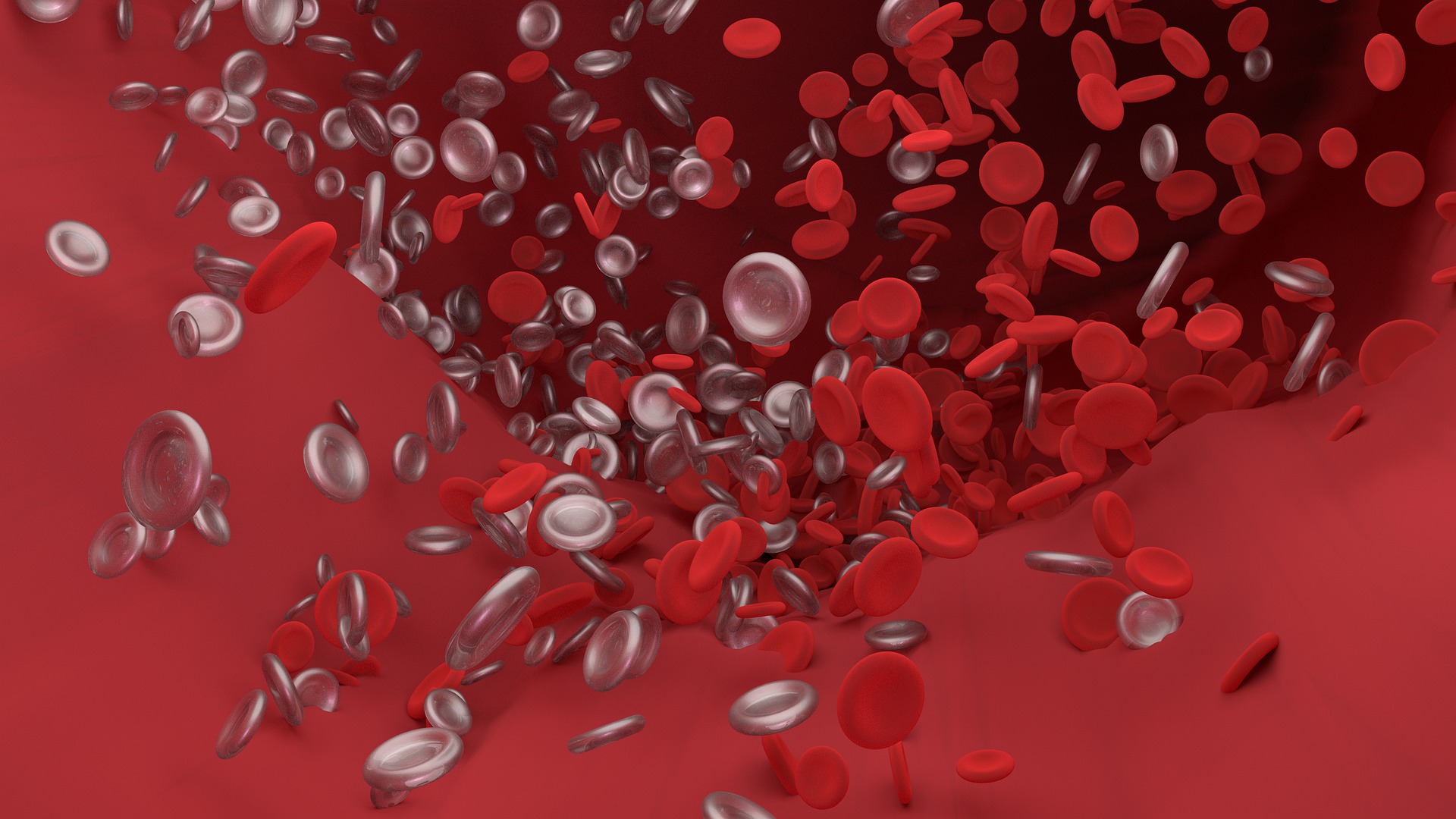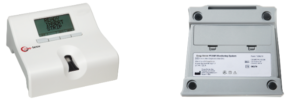Common Blood Tests
What are the most common blood tests? Why do I have to have my blood drawn?
You may think doctors order blood tests too frequently. The reality is a blood test and its result serves as a biomarker. It’s a straightforward screening tool. It’s a window into what might be causing disease, an insight into organ function, and confirmation that a prescribed medication is working properly. Often these results can also indicate the risk of developing conditions such as heart disease.
The most common blood tests, what they measure, and what they are used to diagnose can be reviewed below:
Blood Test |
Measures |
Used to Diagnose |
Complete Blood Count (CBC) |
Red and white blood cell levels, platelet levels, hemoglobin, hematocrit, and Mean Corpuscular Volume (MCV) | Anemia
Bleeding Disorders Blood Cholesterol Blood Clotting Disorders Sickle Cell Disease Thalassemia |
Basic Metabolic Panel (BMP) |
Blood glucose, calcium, electrolytes, and kidney function | Heart Failure
High Blood Pressure
|
Blood Enzymes |
Enzymes such as creatinine or troponin | Heart Attack |
Lipid Panel |
LDL, HDL cholesterol, and triglycerides | Atherosclerosis
Blood Cholesterol Coronary Heart Disease High Blood Triglycerides |
Coagulation |
Proteins that affect blood clotting process | Bleeding Disorders |
Bone Marrow |
Health of bone marrow to find the cause of high or low blood cell counts | Anemia
Platelet Disorders |
Coagulation
The coagulation test, also known as a Prothrombin (PT) test measures how long it takes for blood to clot. It specifically measures to activity of five blood clotting factors. The test can screen for blood clotting abnormalities or used to monitor medication such as warfarin that prevent the formation of blood clots.
The Coag-Sense® PT/INR System includes a hand-held meter that can be used from the clinic to the home for seamless medication management. This system includes the PT2 meter and all required accessories to successfully complete a PT test. For superior, reliable results, learn more here.



